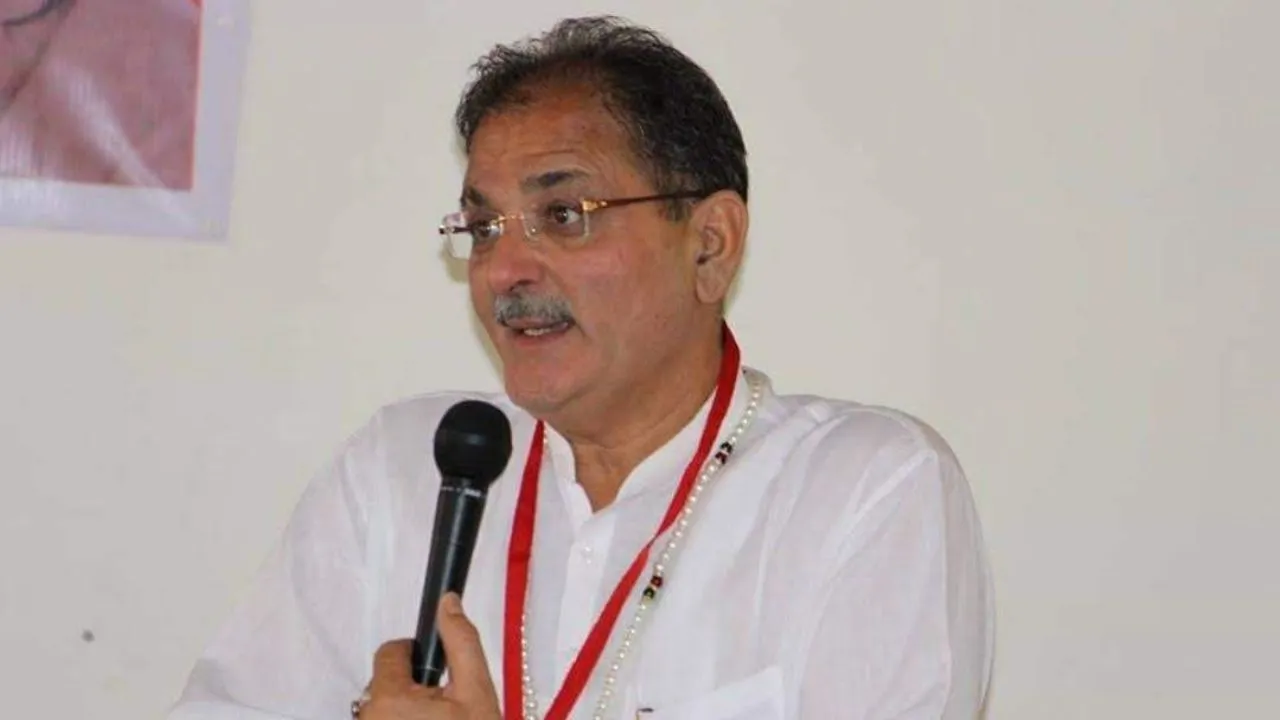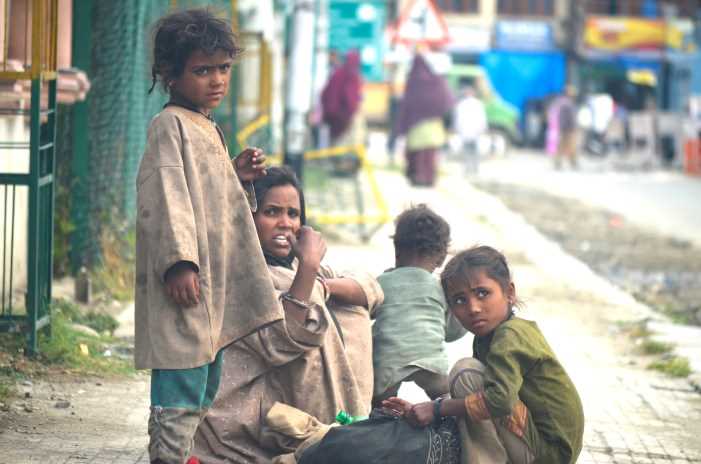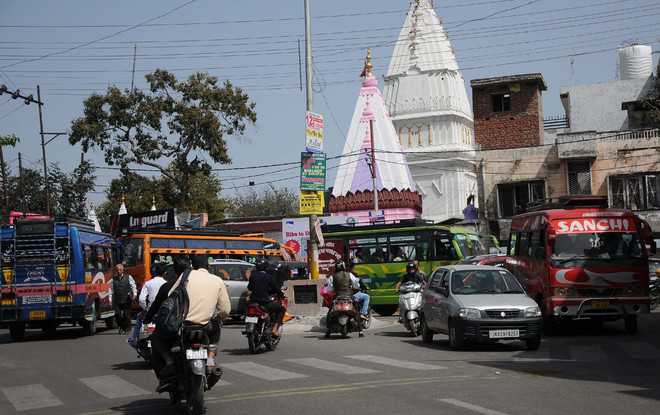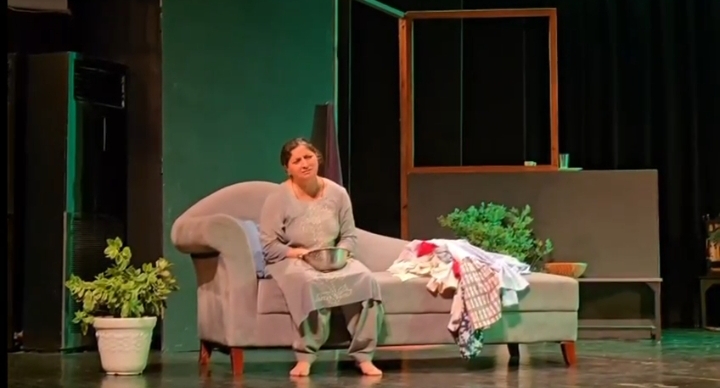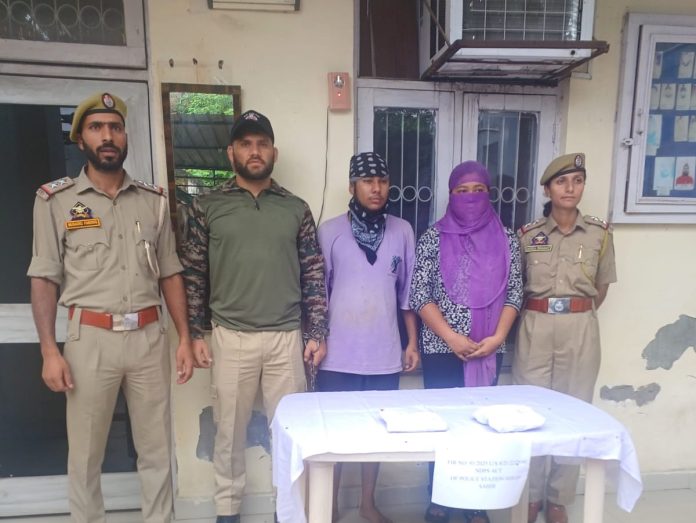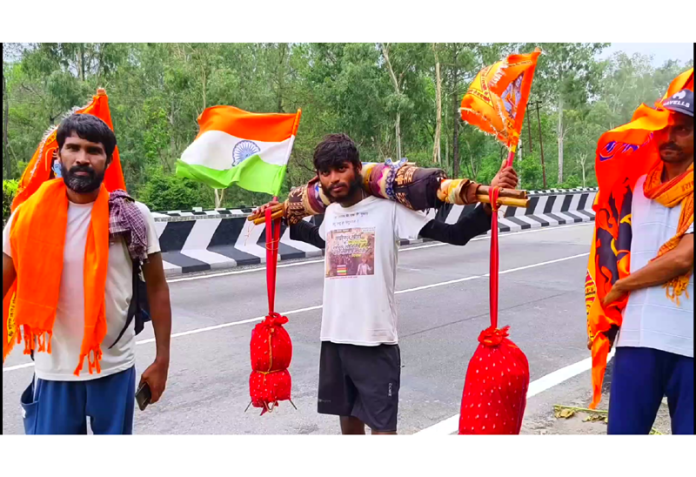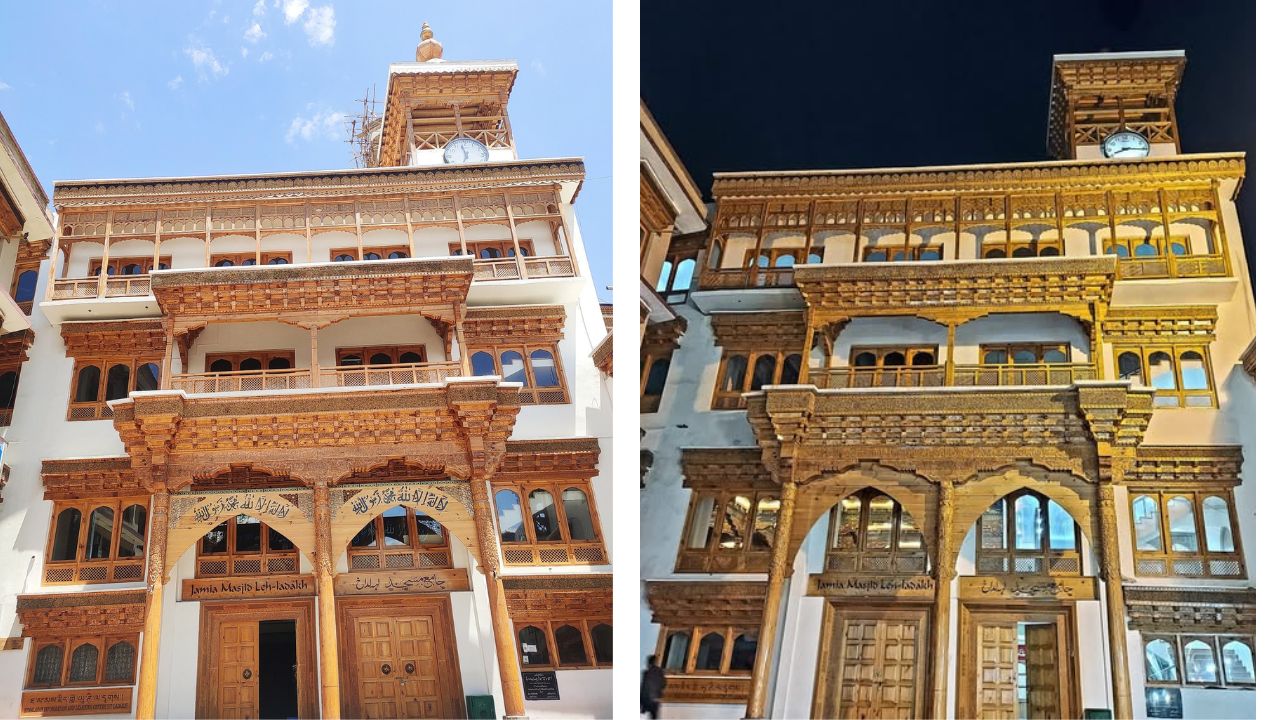Shraadh is an important ritual for Hindus. It is believed that Shradh rites liberate souls from the vicious circle of life and death and help them attain salvation.
Hindus all across India will observe Pitru Paksha or Shradh (Kanagat) from 5th September 2017. It is a 15-lunar day period, as per the Hindu calendar, during which people pay homage to their ancestors (Pitras), especially through food offerings.
According to Hindu scriptures, during the Mahabharata, when Karna died his soul was taken to heaven where he was offered lots of gold and jewels. However, Karna was looking for food to eat and asked Indra, who is considered as the lord of heaven, the reason for serving gold as food. That’s when Indra told Karna that he donated gold all his life, but never donated food to his ancestors during Shradh. Realising what Indra claimed, Karna answered that he never knew who his ancestors were, so he couldn’t donate anything in their memory. However, Karna was given a chance to amend his mistake and was permitted to return to earth for 15 days, so that he could perform shradh rites and donate food and water in their memory. This 15-day period was then named as Pitru Paksha.
Here are a few customs that are observed in Duggar during these fifteen days:
Restricted food: Consumption of onion and garlic is discouraged. During these days, it is advised to cook food without these ingredients.
No new ventures: It is advised not to begin any new business or activity during these days. These days are not considered auspicious enough for such activities.
Restrictions on use of soap: Soap is not to be used before mid day, neither for bathing, nor for doing laundry. If not possible, then observe the custom at least during the shraadh of ones parents and grandparents.
Feeding birds: Kitchen chores must begin with cooking a parantha. The parantha along with curd-sugar must be fed to birds, especially crows.
Feeding the poor: People cook puri, kheer, rajma, ambal etc. and usually feed the needy and the poor in addition to family priest and other brahmins. At the end of the meals, the honoured guest is given fruits and token amount of money.
Read Also: Bacch Dua Festival of Jammu and Dogra’s
Pooja Rituals
The rituals of the shradh are generally performed by the eldest son or the eldest male member of the family. While performing shradh one should be careful about three things that include- piety, hastiness and anger. Nothing ‘ashubh’ should come in between the prayers observed for the peace of the departed souls. Two Brahmins are offered food, new clothes, fruits, sweets and dakshina, for it is believed that whatever is given to them reaches the ancestors. It is also imperative to feed the poor after making an offering to the Brahmins. It is believed that the more ‘daan’ you give, the more it will reach your ancestors. It is also believed that shradh rites and Pitru Paksha puja are important for attaining happiness in the family and for receiving blessings from the ancestors.
According to Hindu beliefs, the souls of our three preceding generations reside in Pitru-Loka, which is considered to be a realm between heaven and earth. This realm is led by the god of death, Yama. It is believed that when a person from the next generation dies, the first generation is taken to heaven bringing them closer to God. Only the last three generations in Pitru-Loka are given shradha rites.


